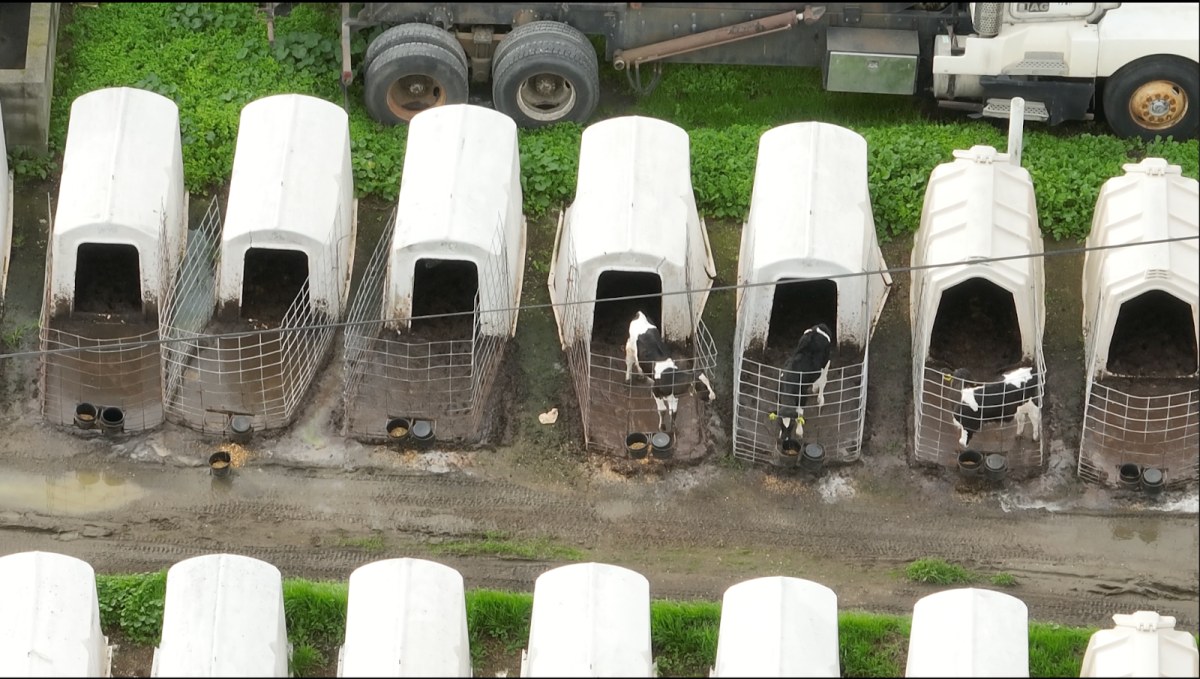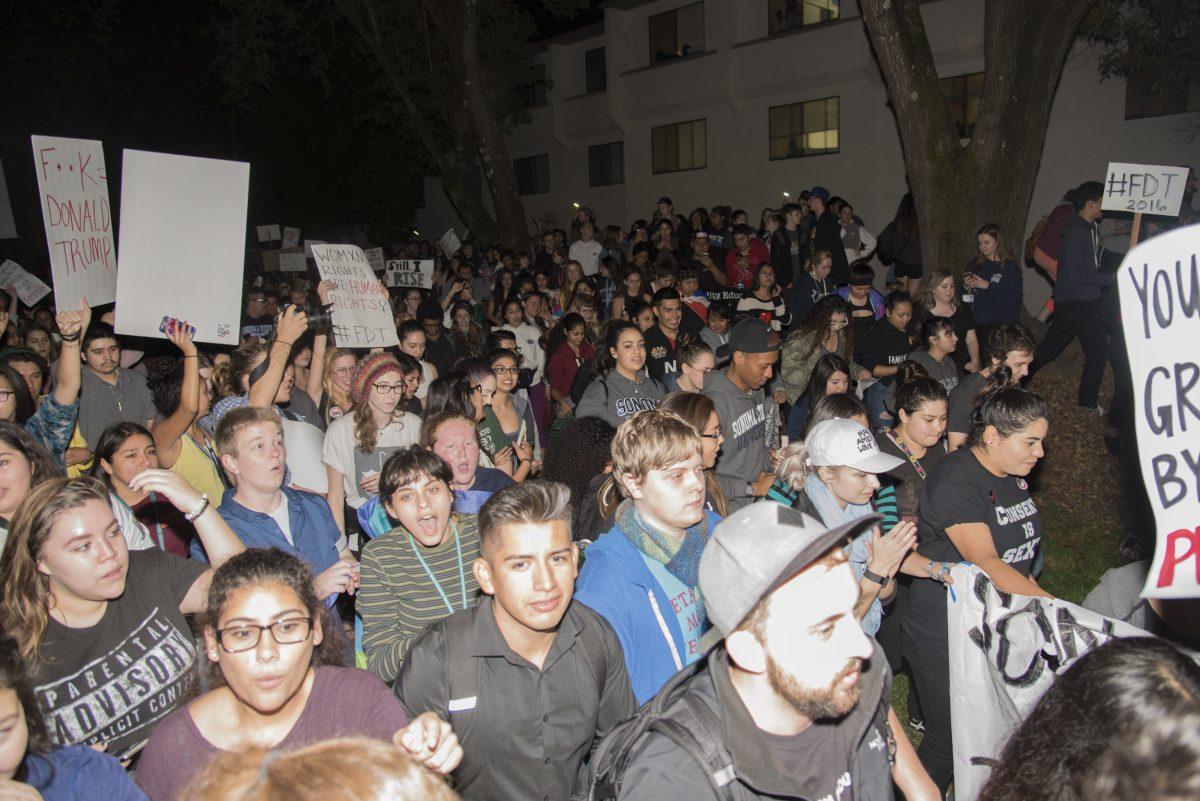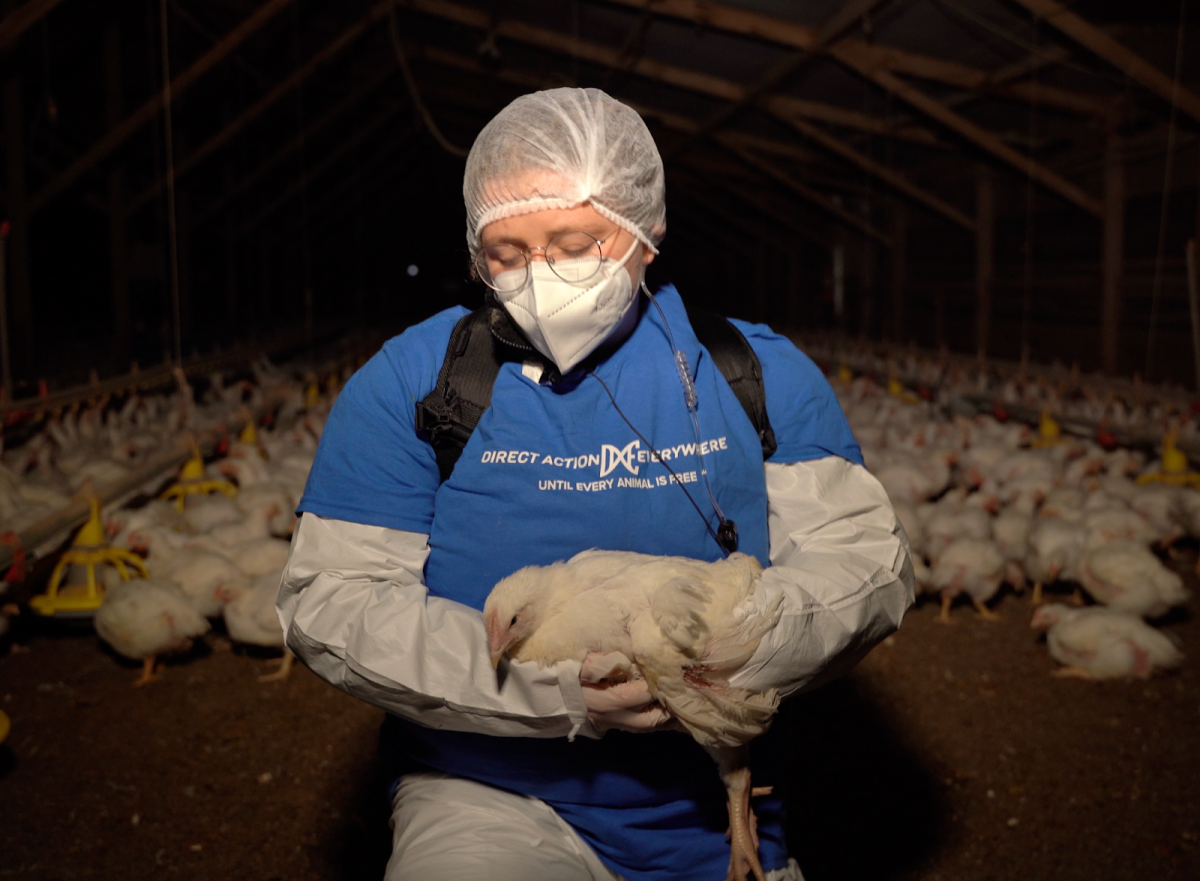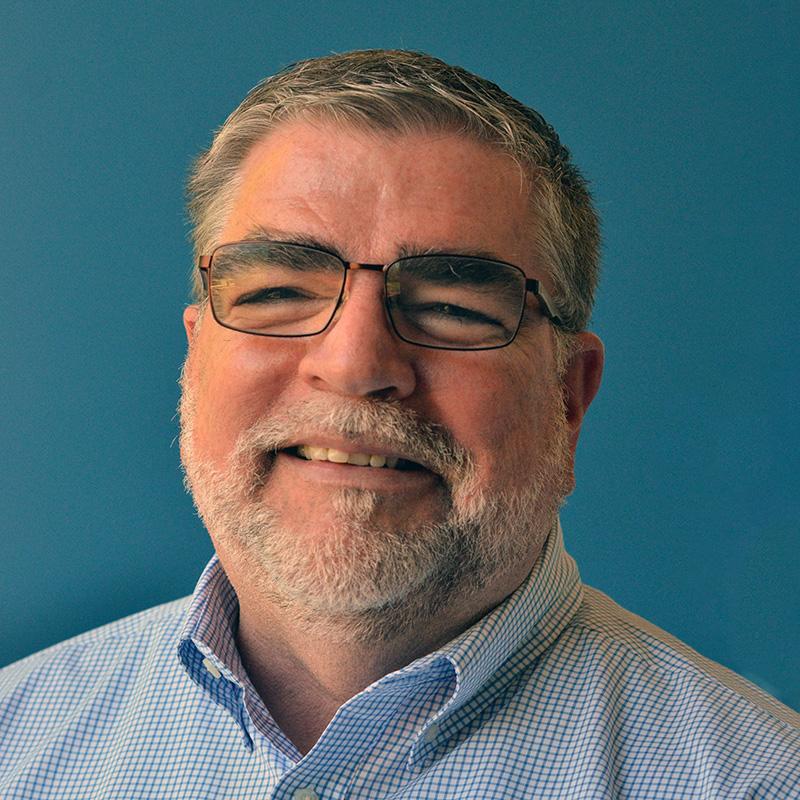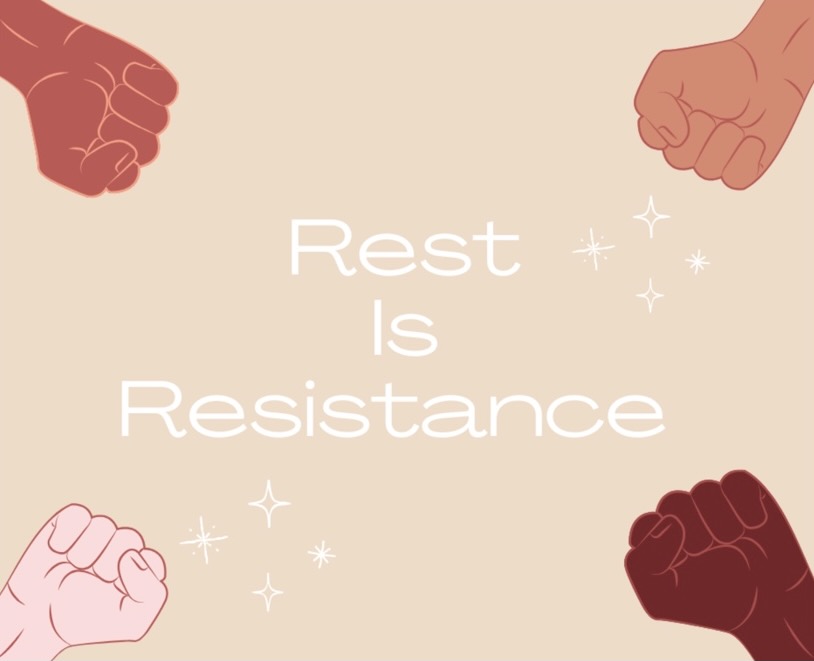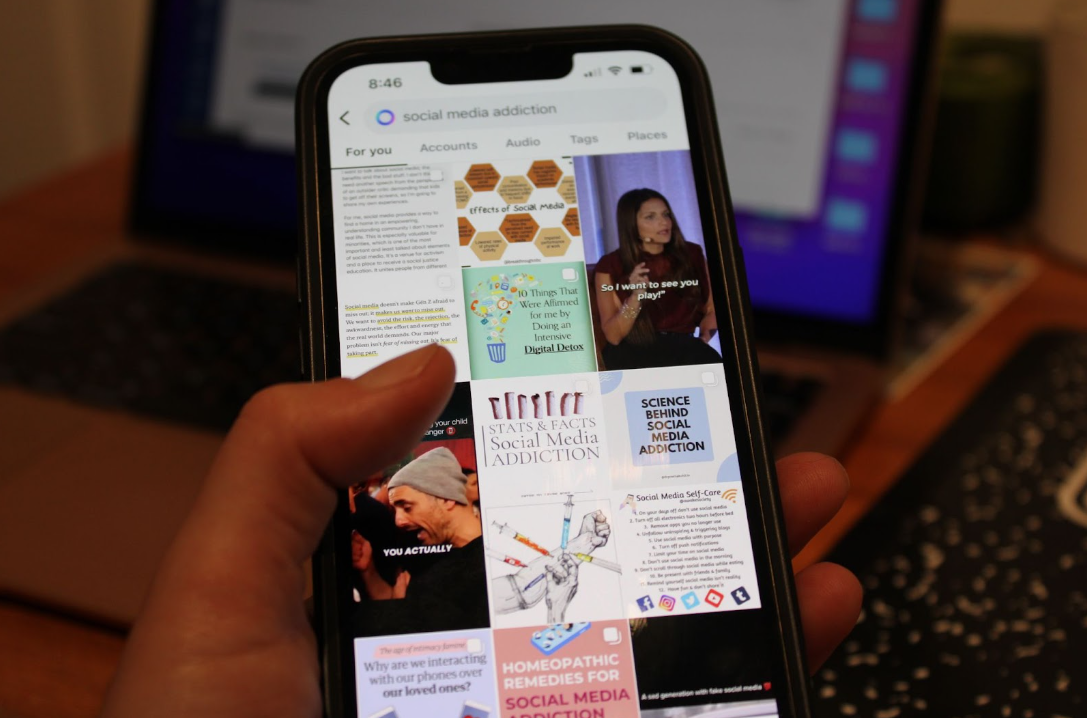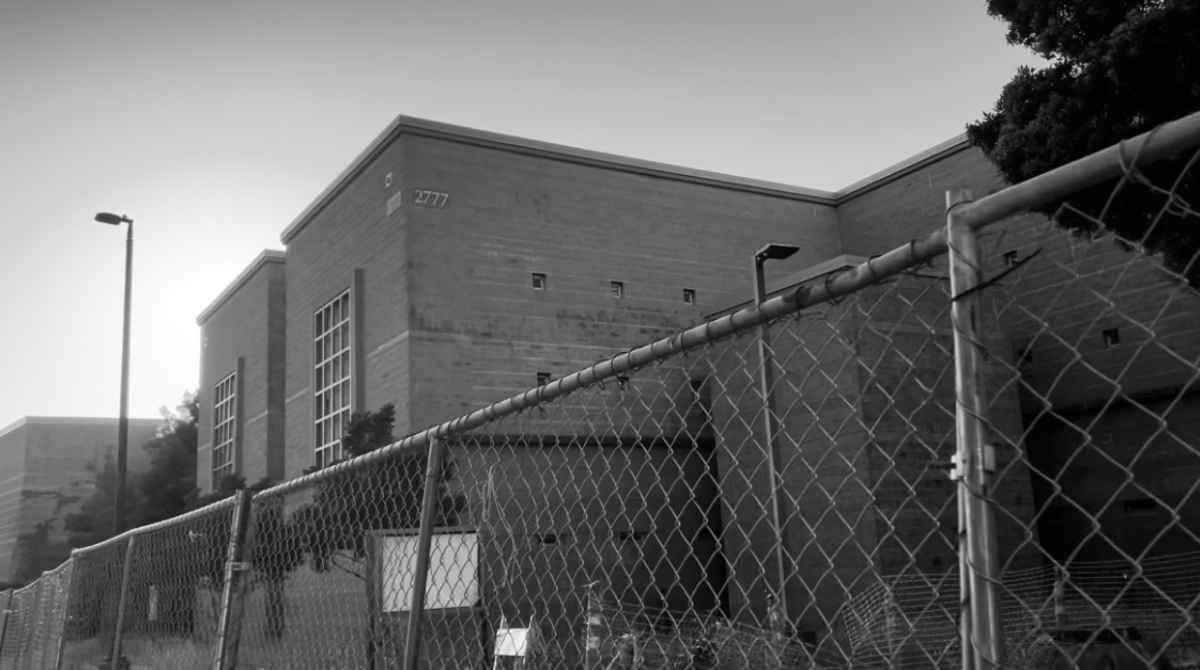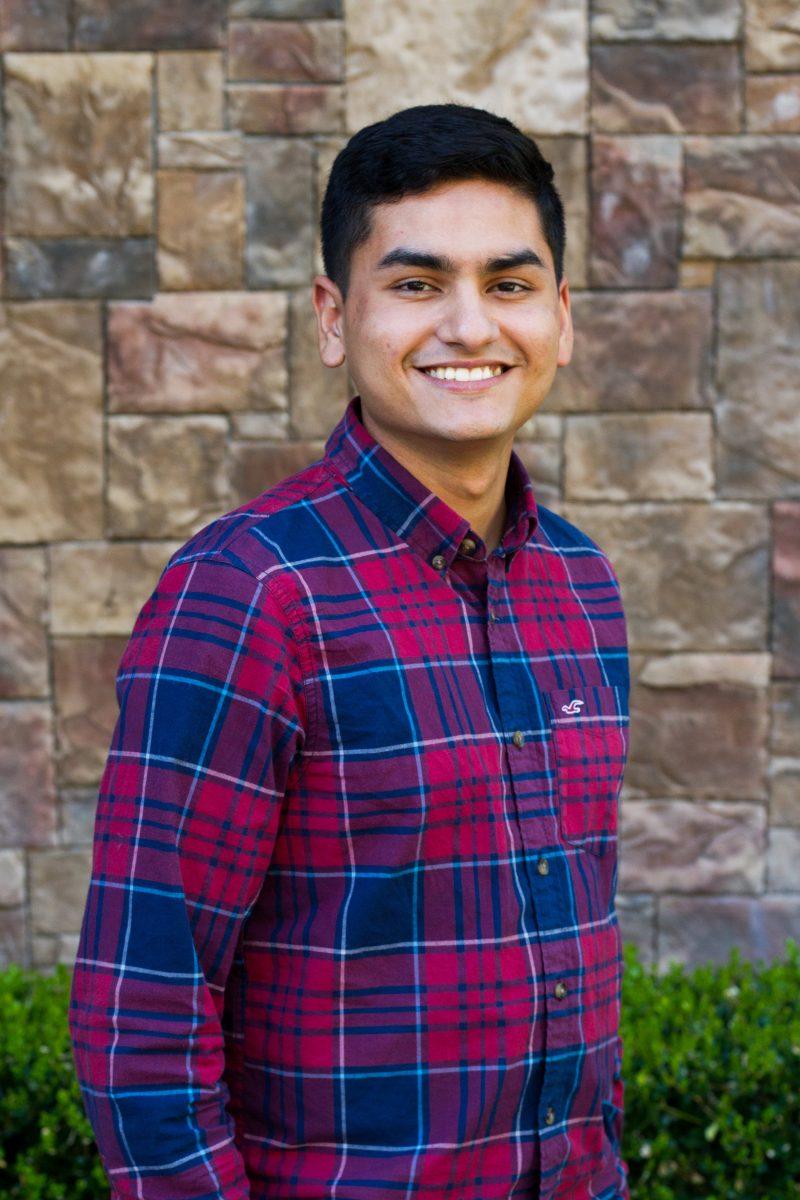Edgar Sanchez is a fourth-year Sonoma State student and serves on Associated Students as diversity senator. He also is one of 800,000 members of DACA, or the Deferred Action for Childhood Arrivals program, that was signed into law under President Barack Obama in 2012 but was rescinded last Tuesday by President Donald Trump after a six-month delay.
DACA has given thousands of children of undocumented families the chance to obtain work permits, get driver’s licenses and apply for student loans to go to college. The STAR had a chance to sit down with Sanchez last week and get his thoughts and his story.
STAR: Where are you from?
SANCHEZ: I was born in Mexico in 1995. I came to the United States when I was 10 years old. It was right before my 11th birthday in October 2005. I remember because two weeks, or maybe a week, after I came to the U.S. it was Halloween. I remember dressing up and being very excited for my first Halloween in the States. We kind of celebrated Halloween in Mexico, but our teachers didn’t like it because it was an American tradition.
STAR: Why did you move to the United States?
SANCHEZ: My dad had moved to the U.S. in 1997 before the rest of my family. In my family there is my older brother, older sister, my mom and my dad. My dad lost his job in Mexico, and he was having a hard time finding a new one. The few jobs he was doing were not paying him enough to sustain a family of five. Somebody offered him the opportunity to come to the U.S. to work.
He was sold on the idea that he would be able to work and make a lot of money to eventually bring his family to the U.S. so they too could be a part of the American dream. He decided to come for a better life, not so much a better life for him but for us, his family. It took him 10 years to save up enough money to bring us here.
It took him so long because he was young and an immigrant without documents. He wasn’t getting paid a lot of money, and we tried to get visas in Mexico from the American Consulate, but they didn’t get approved. So he had to bring us here without documents, and with that you have to get into paying someone to cross you over the border and that can be really expensive. The whole 10 years was spent without seeing him. So basically when I came to the U.S. I was meeting a stranger I was going to call Dad. There was a connection because I had talked to him on the phone, but it was still hard. My mom did have a visa so she was able to see him.
STAR: How did you hear about the DACA program and how old were you?
SANCHEZ: When I first came to the U.S. I didn’t really understand what being undocumented was. I knew we were coming here, and I knew something wasn’t right. I knew we didn’t have the documents to have a normal life, but it never really affected me.
I didn’t see it as something that set me back or made me different from everyone else. I also always knew that I was undocumented because my parents always said to never mention it or talk about it. Like many others, when I was 16 I wanted to apply for a driver’s license and I couldn’t. Luckily for me, when I was around 16, the DACA conversation was already going on. I believe I was 17 when President Obama signed DACA into law.
At first I didn’t understand what was going on. It wasn’t until I received help in high school and was told to apply that I understood how big it was; it was going to allow me to work and get my driver’s license. Applying for DACA was a long process.
I had to go back to my elementary and middle schools to get proof that I had attended. I had to get my medical records from when I first came to the country. I had to provide a lot of evidence that I had been in the country since 2005. I also had to get my biometrics taken, which is when you get your fingerprints taken. It was a very extensive process. It took about two months to get everything together to send the package.
STAR: How did it make you feel knowing that DACA was there for you as a safety net?
SANCHEZ: It is interesting for me because when I was going to start working, like late high school, DACA was already there. I’ve never known an employment life without DACA. I’m very fortunate because a lot of other undocumented youth had to work early in their life without DACA and without being able to work legally. I can only imagine how frustrating that would be; a lot of them being college graduates that couldn’t work and put to work all the skills they had— at least not legally. I want to go to graduate school, and it’s frightening to know that when I finish my school, I’m not going to be able to work. It’s almost hard to believe that I’m going to have the skills that I worked hard for, and I won’t be allowed to put them to practice and contribute to the well-being of this country.
It doesn’t make sense. It gives you some type of comfort knowing at least when you have DACA, you didn’t have to live under the threat of deportation. You don’t have to live thinking, ‘Oh my God, there is a cop behind me. If I get stopped I’m going to be deported.’ It allows you to live a normal life. Being deported is not in the back of your mind at all times. You can worry about other things like school and studying for a test, normal things I guess.
STAR: What were your feelings about your immigration status before you heard about and signed up for DACA?
SANCHEZ: I always knew I was undocumented. I knew I wasn’t supposed to talk about it, but I didn’t really know what being undocumented meant. I didn’t know I couldn’t have a Social Security number or that I couldn’t vote. It was there, but it wasn’t a part of who I was. In high school, I had a very pronounced accent so a lot of people knew I was an immigrant, but not necessarily that I was undocumented.
It wasn’t something I wanted to share, but I think that’s shifted after coming to college, and I learned more about what it means to be undocumented and the politics behind it.
I want to share that I’m undocumented because I think a lot of people have this perspective that undocumented people are a certain way, do certain things and look a certain way, but I don’t think that narrative is right. Undocumented people are people, and it’s so dynamic because there are all types of undocumented people. You can’t just put that entire group of people in one box and label them. A lot of Dreamers want to tell the world that they’re undocumented and share their accomplishments. The Dreamers I know work so hard. The Dreamers in college are always trying to do well in school. I think that’s because they were given this opportunity, and they’re really trying to take advantage of it and make the best out of being here.
STAR: Did you live your life any differently, before DACA, because you are undocumented?
SANCHEZ: I knew early on in high school that I wasn’t going to be able to work legally; I would have to figure out another way to work. In early high school I worked at a grocery store as a bagger and I didnt have a work permit or a Social Security number, so the employer was paying me cash.
I wasn’t being paid legally and for me that’s something that was not ideal. I couldn’t work at Safeway, for example; I had to find a place that would allow me to work.
For me, I was very fortunate that DACA started when my most active working years began. I didn’t really get to experience a work life without DACA. Other than that, I didn’t feel any different. I feel like with police, like every other person of color, you get nervous. Even with DACA I was still scared of getting pulled over just because I am a person of color.
STAR: What have you been able to accomplish in life with your DACA status?
SANCHEZ: I can’t even imagine not having had DACA the past three years of college. I’ve been able to do an internship at The Press Democrat, an internship with the mayor of Oakland and work at the Recreation Center on campus.
DACA has allowed there to be no limits for me. The only thing that I couldn’t do was travel outside of the country and vote, but apart from that everything was at my reach and it makes you feel more secure, it makes you feel like there are no barriers to success. I think that’s what all undocumented students and Dreamers want is the security of knowing they’re going to be able to have a job.
STAR: Can you describe your feelings when you found out DACA had been rescinded?
SANCHEZ: The way the administration did it was ridiculous. I think it was psychological abuse for the 800,000 Dreamers who are on DACA. There were a lot of leaks about it too. Fox News was reporting that they were going to end it, and then they said no and then there was another leak saying it was going to end in the next six months.
This whole thing started on a Thursday so it was almost a week of being in limbo, a lot of back and forth from the administration. Trump saying that he loves the Dreamers and that he was going to help them gave a lot of false hope. As of Monday night, most of us were expecting it to end.
I was disappointed when the decision came. It almost feels like you were cheated because you were asked to come out of the shadows and to give all of your information because you were going to be protected, and then all of a sudden you’re being told that if Congress can’t protect you, in six months we’re going to deport you.
It makes you feel uncertain about the future. But something I have been seeing in the Dreamer community is the willingness to fight and continue.
A lot of the Dreamers feel empowered. Yes, they’re sad, but we’ve been here before and through organizing and getting together and petitioning the government, DACA was achieved. There is a lot of force in the undocumented community to continue doing that to make sure something goes through Congress. There is a lot of optimism, empowerment, support and resilience. We’re ready to stand up for their rights. None of us want to go back to a country we don’t know, and none of us will unless we’re taken out by force. There is a hashtag going around, #HereToStay which I think is so true, I can’t put into words how real it is.
STAR: How is your family feeling after the decision?
SANCHEZ: My parents, more than anyone, are very worried because they want the best for their kids. They were happy to see there were no obstacles for my brother and I to achieve our dreams of having jobs and going to college. They were sad to see the program end like this, but I see the same optimism throughout the undocumented community that I see in the Dreamers. Yes DACA ended, but this isn’t the end for Dreamers. Being out of the shadows for the past five years that DACA has existed, Dreamers will not go back to the shadows; I just don’t see it happening.
STAR: If you were able to stand in front of the Trump Administration, what you would say to try and keep DACA in place?
SANCHEZ: I would say that the undocumented youth are as American as anyone who was born here. This is the only country they know, the only country they remember living in. They have followed the rules, they have done everything right. These are people who are bright in school [and] who want good futures. They are not people who are planning to go on welfare or commit crimes. These are people who are searching for the so-called ‘American dream;’ and they deserve to be here and deserve to be treated as humans.
I would ask them to respect their human dignity and stop the fight against them, and allow them to be here in their country to follow their dreams and get the jobs they have worked for and haven’t stolen from anyone.
STAR: What are your plans now that DACA has been rescinded?
SANCHEZ: As I mentioned, a lot of Dreamers are ready to be active and ready to stand up to Congress to pass a bill to protect not only Dreamers but all undocumented immigrants who deserve to be here and have followed all the rules.
Dreamers want Congress to protect not only ourselves but our families.
We’re going to have weekly phone banking sessions on Fridays from noon to 1 p.m. in the AS Office on the second floor of the Student Center.
Sonoma State actually has a lot students from the San Diego area. That area is led by Congressional leaders who are Republicans that are not currently supporting DACA or bills that would support DACA youth.
We want students from that area to come help us call their representatives and demand that they stand up for DACA and all undocumented people in this country.
STAR: What are some helpful resources for undocumented students on campus?
SANCHEZ: I encourage all undocumented students who want any type of help to go to the Undocumented Resource Center in Salazar 1060 and talk to the coordinator. She will be able to provide any resources that are available. I also would like to say to undocumented Sonoma State students to use the other resources that are here for us on campus.
If you need to talk to someone in CAPS, don’t be afraid to do so, don’t be afraid to find a group that supports you and continue advocating for yourselves and sharing your stories. It’s worth sharing your stories even if it’s just to reassure someone’s mind or to change the perspective someone may have on undocumented people. It is important to feel proud and empowered; do not allow not having DACA define who you are as a person.
STAR: Is there anything else you would like to say to Sonoma State community?
SANCHEZ: This is a nation of immigrants. That is what is so beautiful about this nation. We all come from different places— we’re all immigrants. We have to embrace that and the change that comes with it.
Every generation, we get immigrants from different parts of the world. We’re seeing it now – the immigration from Mexico is decreasing, and it is now countries in Asia that are having the most immigrants come to the United States. We have to recognize that, and we need to be able to recognize how the racism shifts.
At one point it was Irish immigrants, and then Chinese immigrants and Japanese immigrants who everyone hated and didn’t want in this country.
Now we’re seeing the Mexican immigrants being treated this way. We have to recognize these patterns of oppression in our country to be able to work together to find a solution to this problem.
As I have mentioned, DACA students and undocumented families are not leaving unless they’re ripped out and literally taken by force, which I don’t think anyone wants to see.
We have to work together to find an answer to this and be allies for undocumented students. Just be there for them and help them organize to fight for immigration reform.

